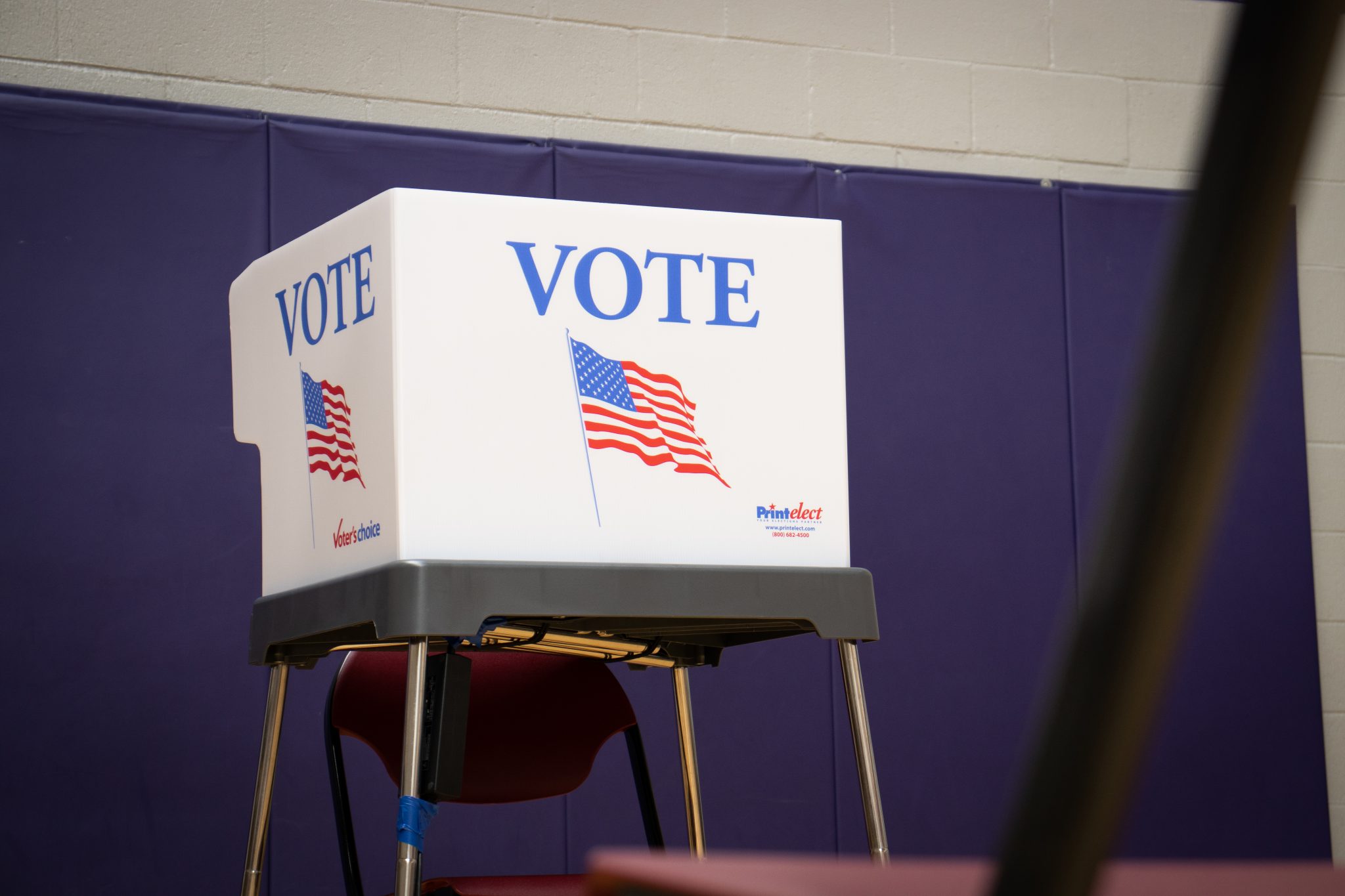This November’s election places Maryland at the forefront of the fight for control of the U.S. Congress and protecting reproductive rights.
The election is in full swing across the state as mail-in ballots are being sent out and candidates are making their final attempts to reach voters.
Here’s a breakdown of key Maryland and Prince George’s County races and ballot questions for the 2024 election.
U.S. Senate
The most-watched election on the Maryland ballot is the competitive U.S. Senate race between former Gov. Larry Hogan (R-Md.) and Prince George’s County Executive Angela Alsobrooks (D-Md.). The race could determine party control of the U.S. Senate.
Hogan, who was governor from 2015 to 2023, has attempted to frame himself as an independent and moderate Republican. He left office with high approval ratings and has tried to distance himself from prominent members of his party who endorsed his candidacy, including former president Donald Trump.
Alsobrooks has tied herself closely to the Democratic Party as she attempts to stress how her victory is integral to maintaining Democratic control of the U.S. Senate. She was elected as county executive in 2018 after working as the county’s state’s attorney since 2010.
[Here’s how UMD students can vote in the 2024 elections]
Libertarian Mike Scott, an Air Force veteran, is also running for U.S. Senate.
The candidates vie to fill retiring Democratic Sen. Ben Cardin’s Maryland seat, which he has held since 2007.
Right to Reproductive Freedom Amendment
Ballot Question 1 will give Marylanders the opportunity to enshrine reproductive rights and freedom into the state’s constitution. If approved, the Right to Reproductive Freedom Amendment will prohibit the state from infringing on a person’s right to prevent, continue or end their pregnancy unless “justified by a compelling State interest achieved by the least restrictive means.”
The constitutional amendment would prevent the state legislature from removing the right to abortion, right to use birth control and other protections from the state constitution without support from the majority of voters.
U.S. President
Marylanders will choose between five presidential tickets, which are headlined by Vice President Kamala Harris and Trump.
The state’s 10 electoral votes are projected to go to the Democratic ticket — Harris and her running mate Minnesota Gov. Tim Walz. A Democratic candidate has won every presidential election in Maryland since 1992.
Also on Maryland’s ballot are Libertarian Chase Oliver, Green Party candidate Jill Stein and Robert F. Kennedy Jr., who is unaffiliated.
U.S. House of Representatives
There are eight races across Maryland for seats in the U.S. House of Representatives this year, but only one is considered competitive.
The District 6 election between April McClain-Delaney (D) and Neil Parrott (R) is considered the most competitive district in the state. The incumbent, Democratic Rep. David Trone, gave up his seat to run in the Democratic Senate primary.
In Maryland’s other districts, the five incumbent Congress members — Democratic Reps. Steny Hoyer, Jamie Raskin, Glenn Ivey, Kweisi Mfume and Republican Rep. Andy Harris — are expected to hold their seats.
[UMD initiative encourages students to become poll workers in upcoming election]
Ivey, College Park’s representative in District 4, faces Republican businessman George McDermott.
Congressional newcomers Baltimore County Executive John Olszewski (D) and state Sen. Sarah Elfreth (D) are predicted to win their elections against Republican challengers radio talk show host Kim Klacik and attorney Robert Steinberger, respectively. The incumbents for the two districts — District 2 Rep. Dutch Ruppersberger (D) and District 3 Rep. John Sarbanes (D) — are both retiring at the end of their terms.
Marylanders can check their congressional district with this link.
Prince George’s County Ballots
Voters will choose between current District 5 Prince George’s Council member Jolene Ivey (D) and Michael Riker (R) in a special election for an at-large council member.
The election comes after council member Mel Franklin resigned before pleading guilty to felony theft scheme and perjury this summer.
County residents will also vote on five ballot questions to give the county permission to borrow millions of dollars and issue bonds for renovations and new county buildings and facilities.
Five non-partisan Prince George’s County Board of Education seats are also on the ballot. Candidates include current board members Kenneth Harris, Zipporah Miller and Shayla Adams-Stafford, and a slew of newcomers.



